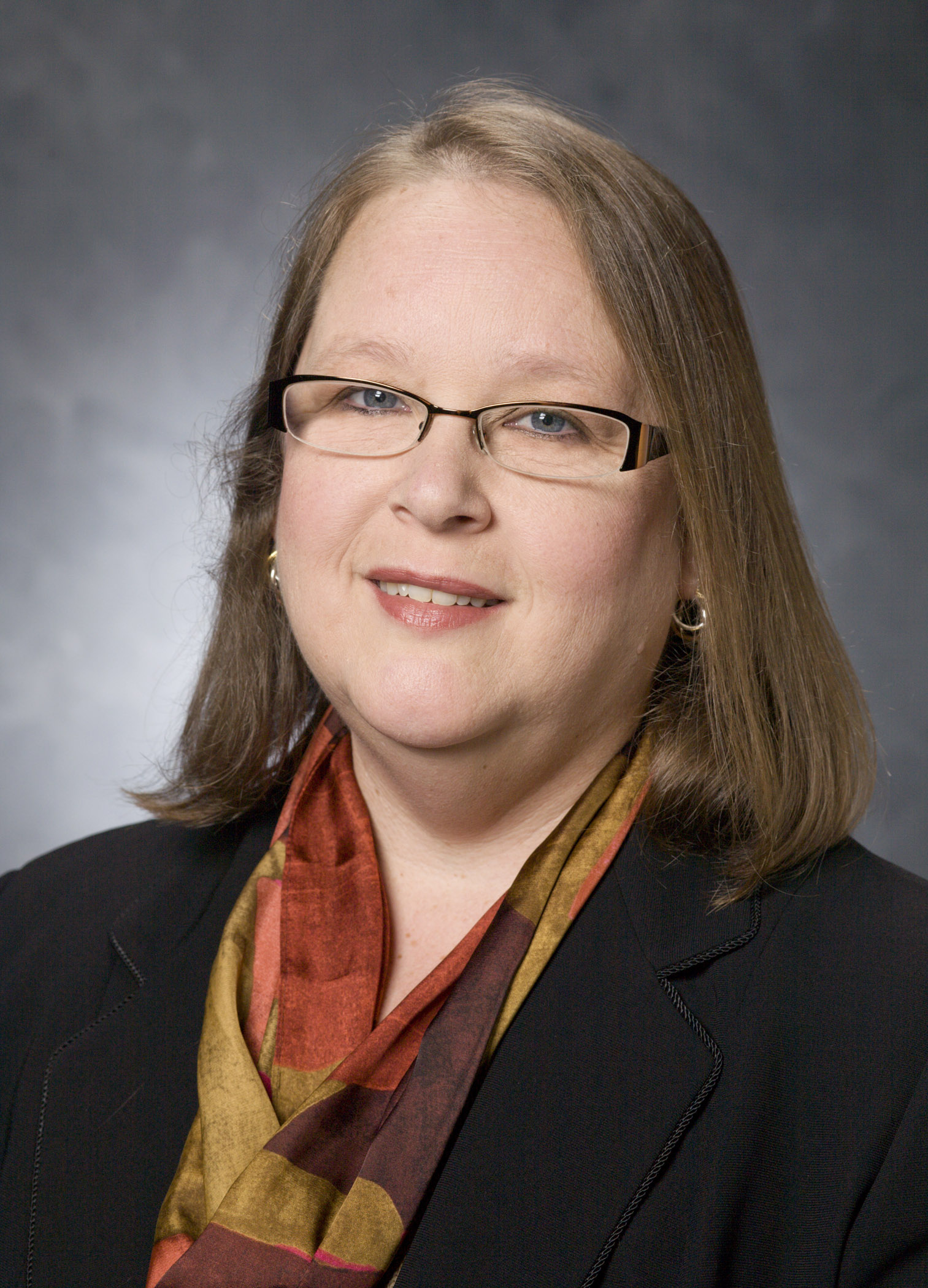The massive amounts of information churned out by new data sequencing technologies are a mixed blessing. While they hold promise for new understanding of biological systems, they have created their own set of challenges for researchers: how to move, store, share and analyze them.
Now, with help from UGA’s new Quantitative Biology Consulting Group, scientists tackling -complex biological problems have assistance not only in designing their experiments but also in sequencing, processing, analyzing and storing their data.
Researchers can take advantage of any or all of the services offered by a team of consultants—the Statistical Consulting Center, the Biostatics Consulting Service, the Georgia Genomics Facility, the Institute of Bioinformatics and the Georgia Advanced Computing Resource Center—all without becoming experts in computational and statistical sciences. Moreover, the first consultation with the team is free.
UGA faculty conduct big data and bioinformatics research in a range of disciplines, according to Jessica Kissinger, professor of genetics in the Franklin College of Arts and Sciences and director of the Institute of Bioinformatics.
“Crop genomics, biofuels, cancer, ecology, human health, development and infectious diseases—there are UGA faculty generating data in all of these areas,” she said.
QBCG is Kissinger’s brainchild, born of the recognition that researchers with masses of sequencing data know what they want to do with the data, but not necessarily how to do it. She assembled a team of consultants to offer researchers assistance with experimental design, sequence data generation, data processing, analysis, computational resources and data storage.
The QBCG consulting team can provide pre-proposal consulting on design for big, biologically, statistically and computationally challenging projects, as well as post-award data analysis.
QBCG also can “fill in the gaps” in a researcher’s knowledge of data analysis and experimental design with new technologies, while saving researchers time and reducing costs, said Raj Ayyampalayam, a QBCG consultant and research scientist with the IOB and the Georgia Genomics Facility.
“Data-intensive projects require enormous amounts of time,” he said.
For principal investigators, postdocs and graduate students who want to increase their bioinformatics knowledge, QBCG and IOB co-host popular “brown bag bioinformatics” that introduce attendees to bioinformatics in simple, layman’s terms.
Previous topics include UGA computational and storage resources, how to access UGA’s Georgia Advanced Computing Research Center, and tips and tricks for using GACRC. Researchers on satellite campuses can join the tutorials via videoconferencing, and material is archived on the QBCG website.


